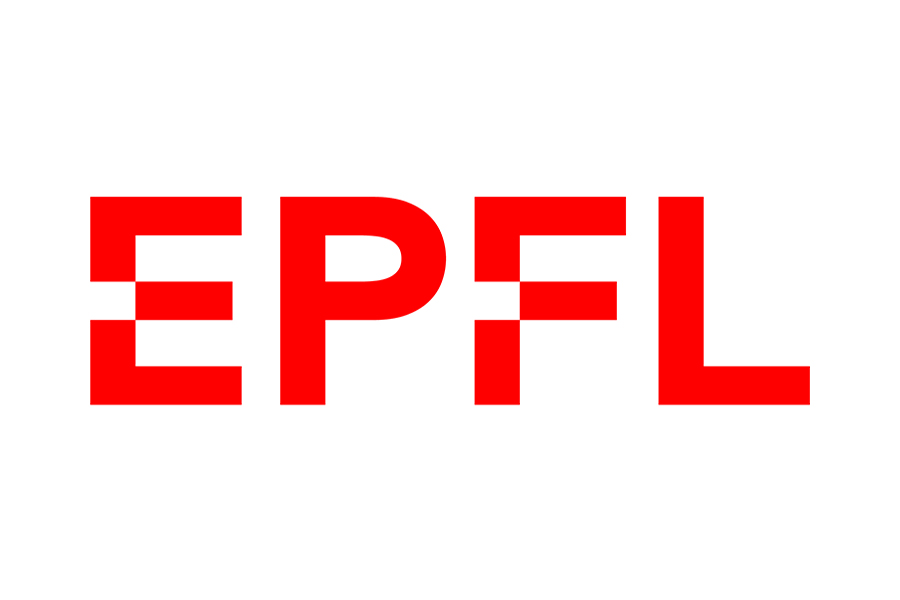
EPFL | Research with animals
Share this article
A necessity for scientific progress
Despite the many advancements in developing innovative alternative methods, animal testing still plays an important role in biological and medical research, enabling scientists to make key new discoveries. At EPFL, performing high-quality research is a priority for scientists, as is taking proper care of the mice, rats and fish in the facilities.
To support the development of new treatments and therapies that can help patients, EPFL set up several animal facilities in 2009 which today house nearly 20,000 mice, 660 rats and 18,000 zebrafish. Switzerland requires that all research projects that will involve animal testing obtain approval from the cantonal veterinary authorities, who work in conjunction with a cantonal commission for animal experimentation, composed of both specialists and animal protection representatives. Scientists must specify in their application forms what information they hope to obtain from their experiments on animals, which experimental procedures will be performed, why those experiments are absolutely necessary and the maximum number of animals that will be used. Scientists must therefore demonstrate that animal testing is necessary and will be carried out appropriately. Otherwise, the office could impose conditions before approving the request, or, more rarely, refuse it.
Animal testing is permitted in Switzerland only if no other form of testing would be feasible. At EPFL, scientists follow the 3R principle: Replacement, Reduction and Refinement. This principle is promoted in Switzerland through the Swiss 3R Competence Centre, established in 2018. The Centre maintains that scientists at public- and private-sector research organisations may conduct animal experiments “only if no alternative methods are available, and must do everything necessary to keep the number of animals and the strain that they suffer to a minimum.”